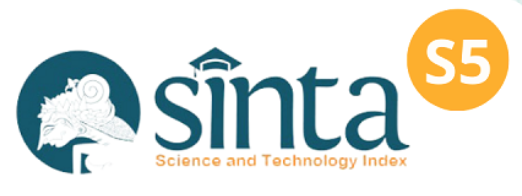Tax Law Reform and Fiscal Justice in Indonesia: A Legal Approach Toward the Sustainable Development Goals
DOI:
https://doi.org/10.35960/inconcreto.v4i2.1832Keywords:
fiscal justice, legal approach, SDGs, tax law reformAbstract
This study examines the extent to which Indonesia's tax law reform aligns with the principles of fiscal justice and contributes to the realization of the Sustainable Development Goals (SDGs). In response to growing inequality and institutional challenges, the government enacted Law No. 7 of 2021 on the Harmonization of Tax Regulations as a strategic step toward fiscal modernization and equity. The research adopts a normative juridical method using a statute and conceptual approach, supported by secondary legal data from statutory sources, academic literature, and government policy documents. The analysis reveals that although the restructured tax brackets, carbon tax introduction, and digitalization initiatives reflect normative intentions to promote justice, significant structural and doctrinal constraints persist. These include legal uncertainty, unequal access to tax incentives, administrative weaknesses, and the lack of binding mechanisms linking tax policy to SDG implementation. The findings highlight a partial normative alignment between Indonesia’s tax reform and fiscal justice principles. Strengthening legal coherence, institutional capacity, and policy integration is essential for transforming tax law into an effective instrument for equitable and sustainable development.
Downloads
Published
How to Cite
Issue
Section
License
Copyright (c) 2025 Riska Desta Ardian, Salim Fadholi, Susilo Rini (Author)

This work is licensed under a Creative Commons Attribution 4.0 International License.



.png)










.png)







